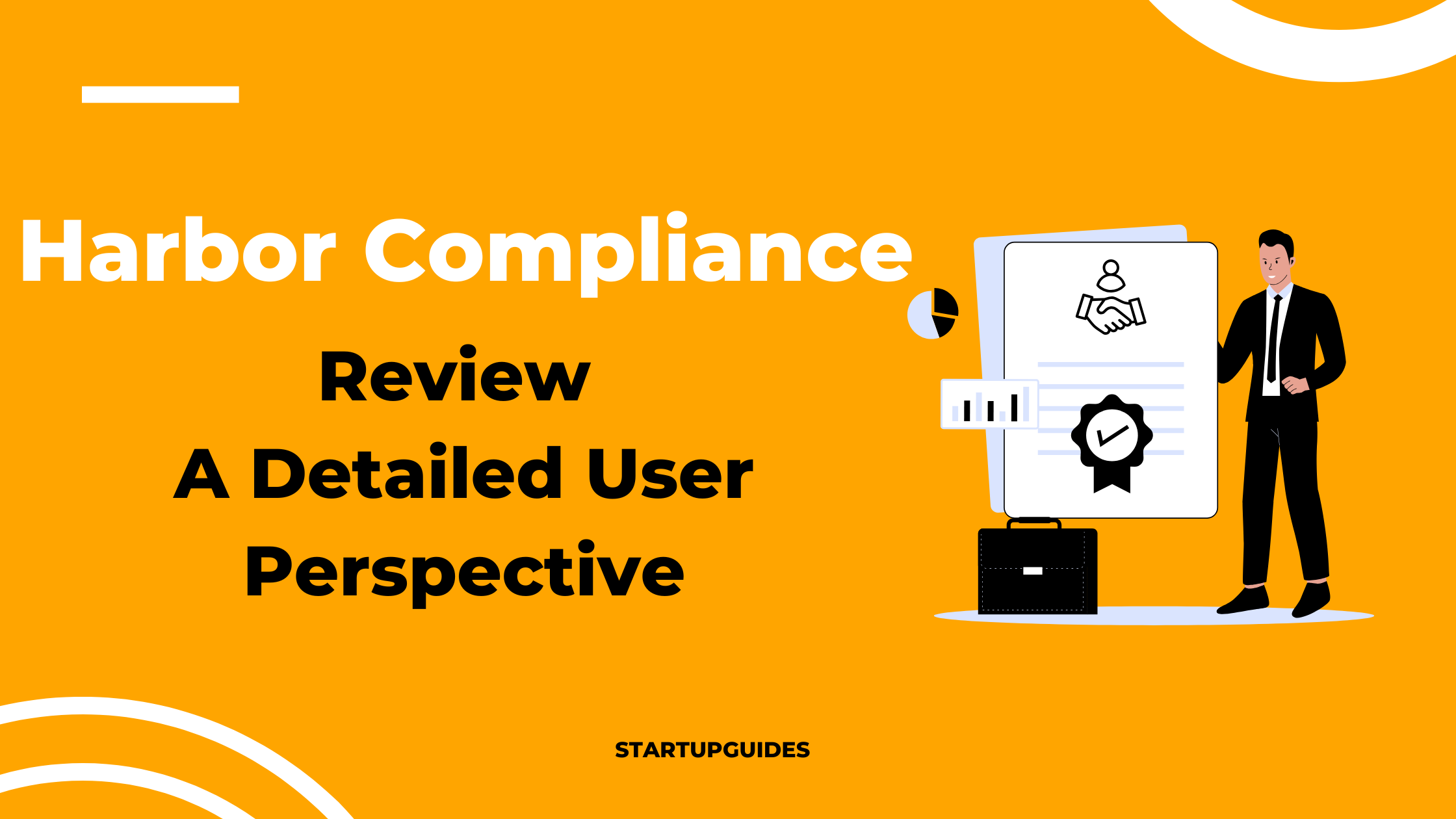Starting a business is an exciting journey, but it can be a daunting one without the right guidance. For those looking to start a business in West Virginia, understanding the local laws, regulations, and steps involved is essential. West Virginia offers a range of opportunities for entrepreneurs, from its beautiful landscapes to its welcoming business climate. This comprehensive guide will walk you through each essential step to ensure that your business starts on the right foot.
How to Start a Business in West Virginia?
Before you jump into the details of starting a business in West Virginia, it’s important to know why this state can be an attractive place for entrepreneurship. West Virginia boasts a strong work ethic, an affordable cost of living, and a growing economy, making it a great environment for new ventures. Whether you’re starting a small business or aiming to establish a large corporation, the following steps will help guide you through the process.
Step 1: Create a Business Plan
The first and most important step in starting a business in West Virginia, or anywhere else, is creating a business plan. Think of your business plan as a blueprint for your company. It lays the foundation for your vision, strategies, and goals. A solid business plan helps guide you through challenges, helps you understand the competition, and is often necessary when applying for financing.
What Should Be in a Business Plan?
A comprehensive business plan should include several key elements:
- Executive Summary: This is an overview of your business and the main goals you aim to achieve.
- Business Description: Detail what your business does, the products or services it offers, and its target market.
- Market Research: Include information about your target market, industry, and competitive landscape.
- Organization and Management: Define your business structure, including who will manage and operate the company.
- Services or Products Offered: Describe what you will be selling or the services you will offer to customers.
- Marketing and Sales Strategy: Outline how you plan to attract and retain customers.
- Financial Projections: Provide detailed forecasts for your revenue, expenses, and profits over the next three to five years.
- Funding Request (if applicable): If you’re seeking funding, describe how much money you need and how you will use it.
With this roadmap in place, you can begin tackling the next steps of your business journey.
Step 2: Choose a Business Entity in West Virginia
Once you have your business plan, the next step is to decide on a legal structure for your business. Your business entity determines your legal responsibilities, liability, tax obligations, and even how you raise capital. In West Virginia, you can choose from several business structures:
Sole Proprietorship
A sole proprietorship is the simplest and most common type of business. It’s easy to set up and gives you complete control over the business. However, you are personally responsible for all debts and liabilities associated with the business. This means your personal assets could be at risk if your business faces legal action or financial issues.
Limited Liability Company (LLC)
An LLC is one of the most popular business entities because it provides liability protection for owners (members) and has flexible tax treatment options. The primary benefit of forming an LLC is that it separates your personal and business assets. In the event of legal issues or debts, your personal assets are protected. LLCs are relatively easy to form and maintain in West Virginia.
Limited Liability Partnership (LLP)
An LLP is ideal for businesses with two or more partners. Like an LLC, an LLP protects partners from personal liability for business debts or lawsuits. However, each partner in an LLP is still responsible for their own professional actions. LLPs are often used by service-based businesses like law firms or accounting firms.
Corporation
A corporation is a more complex business structure. It involves forming a separate legal entity that offers limited liability protection for its shareholders. A corporation is also subject to more formalities, such as annual meetings and filing detailed reports. This structure is suitable for businesses looking to raise capital, issue stock, or go public. Corporations in West Virginia must file Articles of Incorporation and adhere to state regulations.
Step 3: Determine Your West Virginia Business Costs
Understanding your startup costs is crucial for the long-term sustainability of your business. The financial requirements for starting a business vary widely depending on the type of business, its location, and its size. Here are some common costs that entrepreneurs face when starting a business in West Virginia:
- Business Registration Fees: To operate legally in West Virginia, you’ll need to register your business with the West Virginia Secretary of State. The fees for registration vary depending on your business structure.
- Licensing and Permit Costs: Depending on the type of business you plan to run, you may need various licenses or permits. For example, a food business would need health permits, while a construction company may require special state certifications.
- Office or Equipment Expenses: Setting up your workspace or purchasing necessary equipment is a key expense. Whether you’re renting an office, buying computers, or purchasing inventory, this cost should be accounted for in your budget.
- Marketing and Advertising: Getting your name out there is crucial, so marketing costs for online advertising, social media, and other marketing campaigns should be factored in.
- Employee Salaries and Benefits: If you plan to hire employees, you’ll need to consider wages, benefits, and payroll taxes. West Virginia has specific state requirements for employee benefits that you’ll need to comply with.
Creating a comprehensive budget will help you understand how much money you need to invest upfront and help you manage cash flow in the early stages of your business.
Step 4: Name Your Business in West Virginia
Choosing a name for your business is an exciting and important step in the process. Your business name should reflect the identity of your brand while being professional and easy to remember. Here are some tips for naming your business:
- Be Unique: Ensure that your name is distinctive and doesn’t conflict with other businesses in the state.
- Be Descriptive: Make it clear what your business does or what value it provides.
- Consider Your Domain Name: In today’s digital world, having a matching website domain is crucial. Make sure your business name is available as a domain name for your website.
- Check for Trademarks: Conduct a trademark search to ensure that the name isn’t already taken or registered as a trademark in West Virginia.
Once you have a name, you can move forward with registering it. If you’re not using your legal business name, you may need to file a “Doing Business As” (DBA) name.
Step 5: Register Your Business in West Virginia
To officially establish your business, you’ll need to complete several steps to register it with the state of West Virginia. Here’s how:
Get a Registered Agent
All businesses in West Virginia need to appoint a registered agent. A registered agent is an individual or business entity designated to receive legal documents on behalf of your business. The registered agent must have a physical address in West Virginia and be available during normal business hours. You can either hire a professional service or designate someone in your business to act as the agent.
Apply for a Formation Document
After choosing your business structure, you’ll need to file the appropriate formation document with the West Virginia Secretary of State. The forms and fees depend on the type of business:
- LLC: File Articles of Organization
- Corporation: File Articles of Incorporation
These documents can be filed online or by mail with the Secretary of State’s office.
Request an Employer Identification Number (EIN)
An Employer Identification Number (EIN) is required for tax purposes. It functions like a Social Security number for your business. You can apply for an EIN online through the IRS website. An EIN is necessary for opening a business bank account, hiring employees, and filing business taxes.
Step 6: Apply for Business Licenses and Permits
Depending on the nature of your business, you may need to apply for state or local licenses and permits. West Virginia has a general business license requirement that you must register with the State Tax Department to obtain a Business Registration Certificate. Additionally, certain industries will require specific licenses or permits from the state, county, or municipality where you plan to operate.
Types of Licenses and Permits:
- State Business License: All businesses in West Virginia must obtain a Business Registration Certificate from the State Tax Department.
- Local Business License: Check with your local city or county government for any specific licenses.
- Industry-Specific Permits: Businesses in certain industries like food service, construction, and healthcare may need additional licenses or permits.
It’s important to thoroughly research and apply for all necessary licenses before starting operations.
Step 7: Open a Business Bank Account
After your business is registered, you’ll need to open a separate bank account to manage your business finances. Keeping your personal and business finances separate is essential for tax purposes and financial transparency. To open a business bank account in West Virginia, you’ll typically need:
- Your EIN
- Business formation documents
- Business registration certificate
- Operating agreement (if applicable)
Step 8: Market Your Business in West Virginia
Once your business is set up, it’s time to attract customers. Marketing is a critical step in growing your business. There are numerous ways to market your business in West Virginia, from traditional methods to digital marketing strategies:
- Traditional Advertising: Consider local advertising through newspapers, radio stations, or billboards.
- Digital Marketing: In today’s world, having an online presence is crucial. Create a website and optimize it for search engines (SEO). Social media platforms are a great way to engage with your audience and build a following.
- Networking: West Virginia has a thriving community of small business owners, and networking is key to getting your name out there. Join local chambers of commerce, business associations, and attend events to meet other business owners.
Important Information
Do You Need Business Insurance?
While business insurance is not always legally required, it’s highly recommended. Insurance protects your business from financial losses related to lawsuits, property damage, or other unforeseen events. The types of insurance you might need include general liability insurance, professional liability insurance, and workers’ compensation insurance.
What Is the Most Profitable Type of Business?
The most profitable type of business depends on various factors, including your skills, the industry you’re in, and the local demand. However, industries like technology, healthcare, and finance tend to be more profitable, especially if you provide specialized services or products.
FAQs
How long does it take to start a business in West Virginia?
The time to start a business in West Virginia varies depending on the type of business and the legal structure you choose. Typically, the process can take a few days to a few weeks.
Do I need a lawyer to start a business in West Virginia?
While you don’t necessarily need a lawyer, it’s a good idea to consult one, especially when setting up your business structure, drafting contracts, or addressing legal issues.





